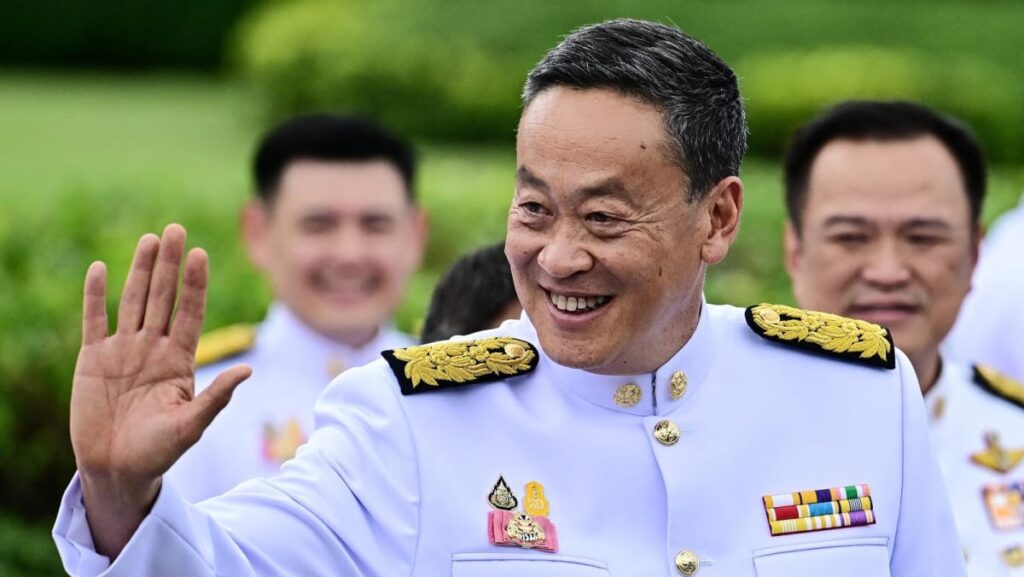Despite his intentions, Srettha’s tenure has been marred by setbacks, with polls indicating a majority of Thais have an unflattering view of his leadership.
In a June survey by the National Institute of Development Administration, only 12.85 per cent of respondents supported Srettha’s leadership, down from 22.35 per cent in December.
His government’s flagship scheme – a 500 billion baht (US$14.22 billion) “digital wallet” to give a 10,000 baht handout to 50 million Thais – has been repeatedly delayed, with disbursements now expected to start in the fourth quarter.
STUTTERING ECONOMY
Some experts, including former central bankers, have called the scheme fiscally irresponsible, and the scale of the handouts has drawn fire from the Bank of Thailand, which has also bickered with the government over key interest rates.
At the same time, the economy, battered by the pandemic, is still struggling to pick up pace. In 2024, it is expected to expand by only 2.7 per cent, according to Finance Ministry projections, on the back of recovering tourist arrivals and exports.
Hit by weak demand and bad debt problems, the Thai industrial sentiment index fell to its lowest in two years in June, with the key auto sector also spluttering and production falling.
Srettha himself faced criticism for frequent globe-trotting during his first 10 months in office, having made 15 international trips in an attempt to drum up foreign investment, before vowing to remain in Thailand for two months.
“Once a prime destination for foreign capital, Thailand now faces increasing regional competition,” BMI said in a research note last month. “Economies like India and Vietnam have become major beneficiaries of shifting investment trends.”
Read the full article here














